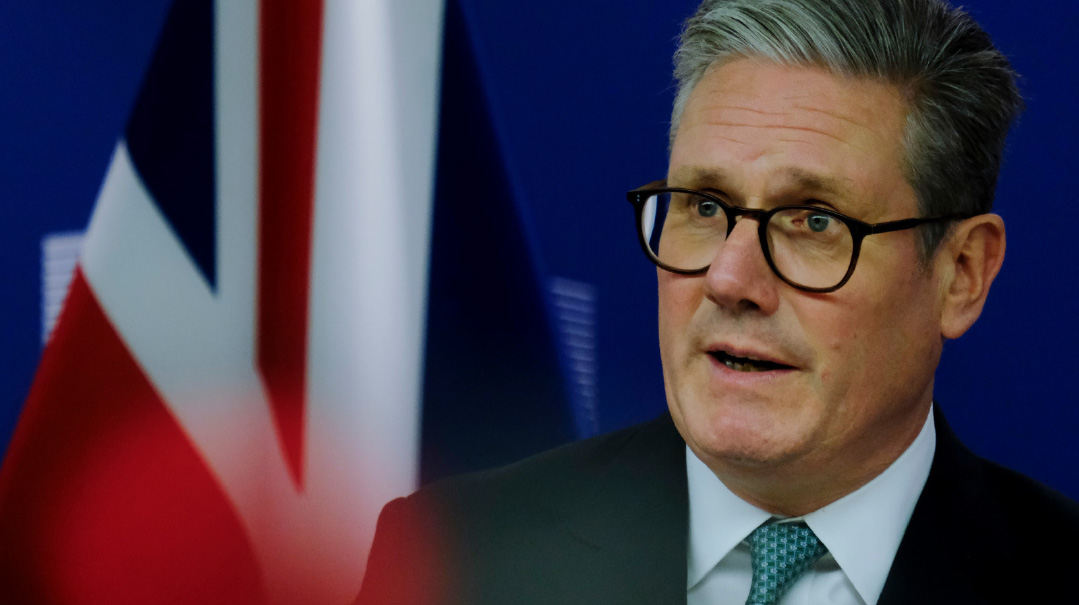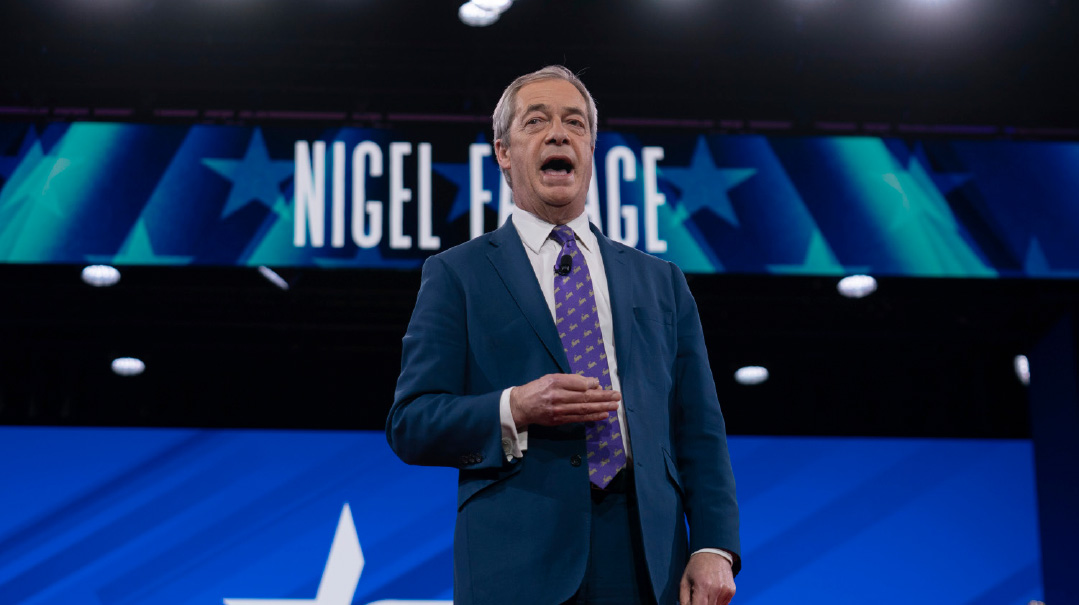Illusions of Empire?


Amid all the unseemly bickering over the Brexit divorce, it’s hard to believe that not that long ago, Britannia ruled the waves and a third of the globe was British Empire pink on schoolboys’ maps. But all that is history, so why should the world notice if tiny Britain exits ageing Europe?
The global economy is why. London is the world’s preeminent financial center, dominating global foreign exchange and commercial insurance markets. The city’s status allows Britain to punch above its weight globally. So if British trade is badly disrupted by a no-deal Brexit, the shock will be felt far beyond Europe.
That trend is mirrored across the Channel; sclerotic as it is, the European Union matters to the world economy. According to the EU’s own figures, the Union’s GDP of €15.3 trillion (2017) is larger even than that of the United States. If the EU’s economy were to sneeze, the world would catch cold.
The UK remains a leading military power, with the second-highest defense budget in NATO, nuclear weapons, and a UN Security Council seat. So what does Brexit mean for Britain’s standing in the world? Dr. James Rogers of the Global Britain program at the Henry Jackson Society says that “the UK has been a major power for five centuries and Brexit won’t change that. But it will change the way that Britain focuses that power.”
That means a swing to the emerging centers of power in the Indo-Pacific region, including possible new British military bases in Singapore and Brunei. That process was underway before Brexit, but has been given added impetus by the split from Europe.
All that doesn’t mean Britain is turning its back on continental Europe, says Dr. Rogers. “The UK remains a major counterweight to the Russian threat to Europe, but Britain wants to coax its European allies to spend more on their own defense.”
But the real geopolitical meaning of Brexit is the reversal of the decades-long march of globalization. In a 1994 essay titled “The Slow Death of the Nation-State,” Nico Colchester, editorial director of the Economist Intelligence Unit, wrote of that trend: “The threat or promise of government at above the level of the nation-state will be a strong undercurrent in the politics of the rich world…. Institutionally managed savings now slip across national frontiers like quicksilver, sapping the power of governments to finance themselves through inflation. Great companies now transcend nationality. Elites do the same. So governments are reduced to mere corporate managements, competing to attract savings, companies and elites to their territories.”
Wrenching as it is, Brexit is the opening salvo of the nation-state’s counterattack. If Britain makes a success of the split, it will be easier for other countries to leave. That is precisely why the EU is determined to punish Britain for its gall, to make an example that Eurosceptics across the continent dare not ignore.
Where Britain has led, the West has repeatedly followed. The creation of the welfare state in postwar Britain was copied across Europe and beyond. Thatcherism laid the ground for Reaganomics in the 1980s. And Nigel Farage, arguably Brexit’s architect, was hailed by Donald Trump as a comrade-in-arms. If that trend continues, then expect Brexit to spawn Glexit — the exit of globalization, and the comeback of the nation-state.
(Excerpted from Mishpacha, Issue 745)
Oops! We could not locate your form.













